Necessity
Necessity is a powerful force.
It is also a force that is difficult to wield.
Take it from this English teacher. You really can’t force someone to read. Unwillingness, especially in young people, is a strong enemy. In fact, forcing people to do something — even using that language of “you must” — will more often bring about resistance, not coercion. Anyone who understands human nature at a very rudimentary level can tell you: forcing somebody to do something does not motivate them.
True motivation will always have a twinge of subversiveness and rebellion — that is, if the motivation is genuine. Call it the Mark Twain effect. I taught Huckleberry Finn for years. Twain leads the novel by putting the reader on notice. If you look for a motive or moral in this book, the author will shoot you. Twain knew that, sometimes, the best way to motivate someone is to tell them exactly what they can’t do, not what they must do. That person is bound to try to prove you wrong.
Students love to bait teachers into thinking we can make life real easy on ourselves if we make life easy for them. “You don’t really have to give us a quiz today, do you?” I hear this question all the time. I’m playful in my response. “My kids have to eat. I am the one who has to put a roof over their heads. You are the one who has to take a quiz.” My sense is that they respect an answer like that more than, “Take the quiz because you have to.” I like having the students consider our respective roles. Teaching is my livelihood; and their purpose is scholarship.
But teaching is more than giving grades, and scholarship is more than earning them. As the adult in the room, it’s my responsibility to show them that life’s greater satisfactions lie beyond the mechanics of roles and responsibilities.
I have been thinking about this as I read Shoeless Joe to my 9-year-old. We are both loving the book. Kinsella, the character, after building a baseball diamond to satisfy a strange voice in his head, kidnaps J.D. Salinger. Salinger describes to Kinsella why being a writer is different. In the novel, Salinger says that, unlike other jobs, writers are born. Their job is innate.
I have written in the past about the effect that German poet Rainier Rilke has had on my life. In a letter to a young poet he recommended the poet go out into the still of the night and ask himself, “Must I write.” And if the answer is, “yes” then he should proceed with the craft without hesitation and for life.
This question, “what must I do?” has been the fundamental question of my first two months in the new year. I don’t teach for the paycheck. I teach because it is a profession that allows me to be creative and useful. I’ve come to understand, furthermore, that what I have to teach — I’m not talking about nouns and verbs here — is of value to the students I teach it to.
And that is certainly a need: being of value.
Our actions must equal something more than the sum of their parts. Meaning, if all of our actions are to yield a tangible product — assets, square footage, material goods — we are selling our lives short.
I’ve learned this lesson the hard way. It was 14 and a half years ago that I lost the will to live.
The first core necessity I learned for my life was that I need to stay sober.
That gave me some momentum.
Conditions followed.
If I need to stay sober, then I need to examine how I am living my life. I need to make changes. I need to question all I took for granted. After all, alcohol, in and of itself, was not my problem. What led to my abuse of alcohol and drugs was my problem.
In taking care of the more existential problems that led me to the drink in the first place, I can eliminate the need to drink altogether.
And what a gift that has been.
I no longer need to drink to make a fool of myself on the dance floor. I don’t need to drink to laugh from the gut or make love with passion. I don’t need to drink to ease the tensions of my life or feel confident in who I am as a person.
The need tos have elaborated since then in all phases of my life.
Take Huckleberry Finn, once more. I used to need to teach on day 1 that it is ironic that the author warns you not to look for a meaning. Now I find it better just to run with the joke by telling my students if anyone so much as guesses what the moral is, I’ll have to pack some heat next class.
Why do I get out of the way more? The effects are more important than the cause. Their needs are more important than mine. This might be some young man’s only chance to develop a love of reading. That is more important to me than my need to feel like a teacher when they write down a definition in their notes.
The return on efforts like that are less immediate. But they are much more fulfilling. As I grow in my confidence as a sober man, it’s easier to let needs lengthen into long term goals without becoming near-sighted in the process.
For the first time in 2 years, I dusted off my novel. I’m working with an editor now. The whole process has been reinvigorated. I wrote that 400 page thing in 5 months of 4:30 wakeups. I had no luck selling it or finding representation. The two years it lay dormant placed the work in a fermentation process. I can now see clearly how certain aspects can be improved. I am no longer attached to it at the sentence level as I was before I set it down.
Whatever happens with the project, working on it again is an existential reminder that I am born for this. And fulfilling that birthright feels good.

 Previous Post
Previous Post Next Post
Next Post
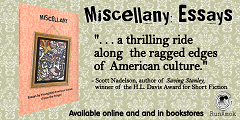


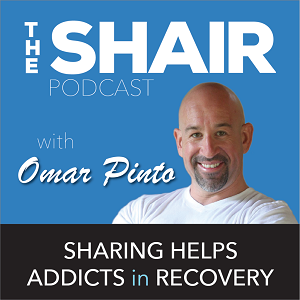
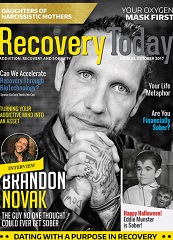
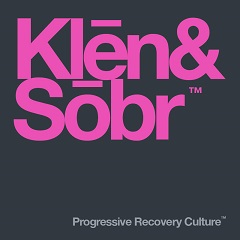



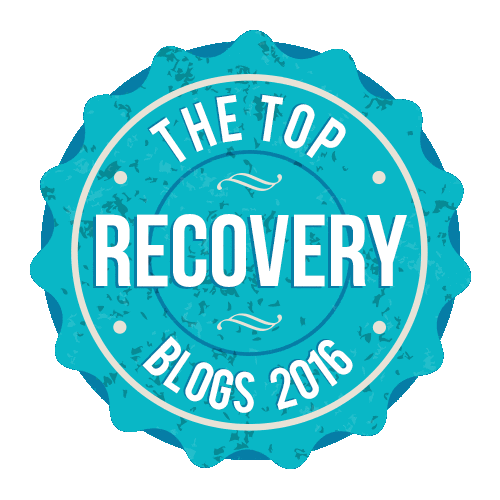


Hi Mark! Wow that hit me when you said you are reading Shoeless Joe to BLG…a memory came back of Johnny ..no details just hear him saying Shoeless Joe. So I love that you are reading it to him.
KCB 🙂
you have a powerful way with words and thoughts
I believe motivation is at the basis of all necessity. While someone needs to get sober, they won’t do it until they’re motivated to do it.
P.S. Good luck with your novel!